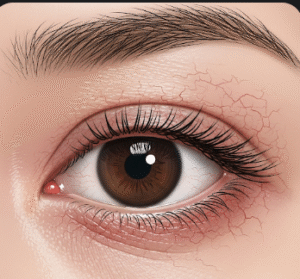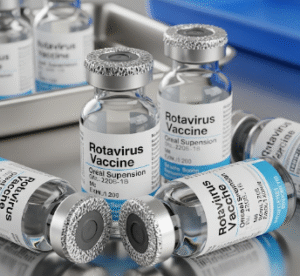Overview
Hematuria refers to the presence of blood in urine, which may be visible to the naked eye (gross hematuria) or detectable only under a microscope (microscopic hematuria). While it is not a disease itself, hematuria is a symptom of an underlying condition that may involve the kidneys, bladder, prostate, or urinary tract. In Korea, hematuria is taken seriously, with advanced diagnostic methods and treatment facilities available in leading hospitals to identify the root cause and provide appropriate management.
What is Hematuria?
Hematuria occurs when red blood cells leak into the urine due to problems in the urinary system. It can appear as pink, red, or cola-colored urine if visible, or it may only be detected during a routine urinalysis. Hematuria can be caused by minor issues such as urinary tract infections or strenuous exercise, but it may also signal serious conditions like kidney disease, bladder cancer, or stones.
Symptoms
- Pink, red, or brown-colored urine
- Presence of blood clots in urine (in severe cases)
- Pain during urination (dysuria)
- Increased frequency or urgency of urination
- Flank pain or abdominal discomfort
- Sometimes no symptoms (microscopic hematuria detected only in tests)
Causes
- Urinary tract infections (UTIs)
- Kidney stones
- Bladder or kidney infections
- Enlarged prostate (BPH) in men
- Glomerulonephritis (inflammation of kidney filters)
- Kidney or bladder cancer
- Strenuous exercise (“exercise-induced hematuria”)
- Trauma to the urinary tract
Risk Factors
- Age (older adults are more prone to kidney and bladder cancers)
- Family history of kidney disease
- Smoking (increases risk of bladder cancer)
- Chronic use of certain medications (e.g., blood thinners, aspirin)
- History of urinary stones
- Strenuous physical activity
Complications
- Anemia due to prolonged blood loss
- Severe urinary obstruction from blood clots
- Chronic kidney disease if underlying cause is untreated
- Delayed cancer diagnosis if ignored
- Recurrent urinary tract infections
Prevention
- Stay hydrated to reduce risk of urinary stones and infections
- Avoid smoking to lower risk of bladder cancer
- Maintain good hygiene to prevent UTIs
- Manage blood pressure and diabetes for kidney health
- Regular medical checkups in Korea, especially for those with family history of urinary conditions
Treatment Options in Korea
Diagnosis
- Urinalysis and urine culture to detect blood, infection, or protein
- Imaging tests such as CT scans, MRI, or ultrasound of the kidneys and bladder
- Cystoscopy (using a scope to view the bladder)
- Blood tests for kidney function
- Biopsy if glomerulonephritis or cancer is suspected
Medical & Surgical Treatments
- Antibiotics for urinary tract infections
- Medications for enlarged prostate (BPH)
- Lithotripsy or surgery for kidney/bladder stones
- Immunosuppressive drugs for glomerulonephritis
- Surgical removal of tumors for bladder or kidney cancer
- Minimally invasive laparoscopic surgery widely available in Korean hospitals
Rehabilitation and Support
- Regular monitoring of urine tests after treatment
- Kidney function monitoring in patients with chronic kidney disease
- Lifestyle counseling on diet, hydration, and exercise
- Cancer patients receive multidisciplinary care including chemotherapy, radiation, and follow-up













